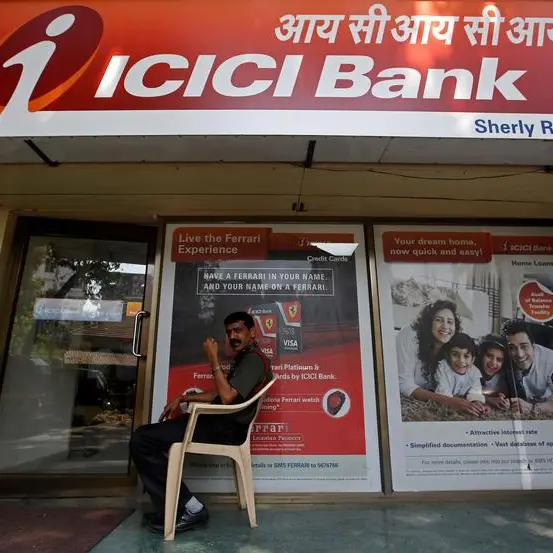PHOTO
Euro zone government bonds fell after inflation data hit another record high in June as investors focused on recession risks and inflation potentially cooling off.
Borrowing costs fell sharply earlier this week, with investors scaling back expectations about future rate hikes after German inflation unexpectedly dipped.
The bloc's inflation hit a record high in June, accelerating to 8.6%, above expectations of 8.4%.
Italian annual consumer price growth also accelerated sharply to 8.5%, well above the median forecast of a 7.8% year-on-year rise in a Reuters survey of analysts.
Germany's 10-year government bond yield slipped 3 bps from Thursday's close to 1.34% after spiking briefly to as high as 1.41% following the latest inflation data. It hit its lowest since June 8 at 1.325% early in the session.
"Today's euro zone inflation data didn't affect yields much, as the headline numbers were roughly in line with expectations while core data were slightly below," said Luca Cazzulani, head of strategy research at UniCredit.
"Rates remain around their recent lows as inflation data did not bring relief to investors' concerns on growth," he added.
The European Central Bank is on course to lift its interest rates out of negative territory but any hike beyond that will depend on incoming data as the outlook is uncertain, ECB board member Fabio Panetta said on Friday.
Money markets are currently pricing in around 140 basis points of European Central Bank rate hikes by year-end from about 155 bps early this week as a potential slowdown in consumer price growth would allow the ECB to ease its monetary tightening path.
ECB policymaker and fiscal hawk Robert Holzmann was cited as saying on Thursday that he would prefer to take earlier action on interest rates rather than in July as planned.
Italy's 10-year bond yield dropped 5 bps to 3.34%, with the spread between Italian and German 10-year yields at 200 bps.
Analysts flagged a divergence between yield spreads of government bonds and the credit market.
The Italian-German spread showed resilience recently, as it kept fluctuating around 200 bps.
At the same time, the iTraxx Europe Crossover index, which measures the cost of insuring exposure to investment grade European corporate high yield bonds, rose above 120 basis points on Thursday for the first time since March 2020.
"The major decoupling from credit spreads suggests that so far the ECB's anti-fragmentation efforts are achieving the desired effect," Commerzbank analysts said.
The ECB announced in mid-June plans to tackle fragmentation in euro zone bond markets or an excessive widening of spreads between core and peripheral yields that might hamper monetary policy transmission across the bloc.
The central bank will buy bonds from Italy, Spain, Portugal and Greece with some of the proceeds it receives from maturing German, French, and Dutch debt to cap spreads between their borrowing costs, sources told Reuters.
(Reporting by Stefano Rebaudo, editing by Emelia Sithole-Matarise and Raissa Kasolowsky)





















